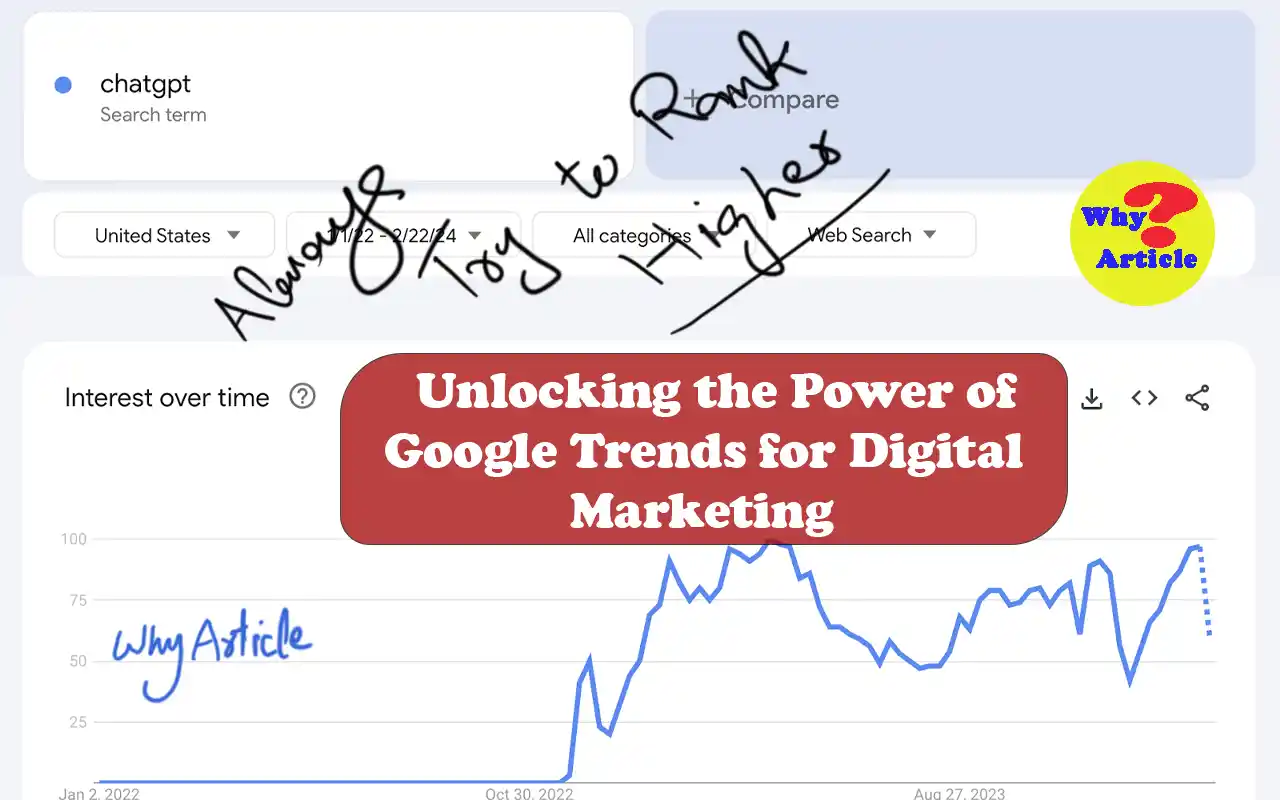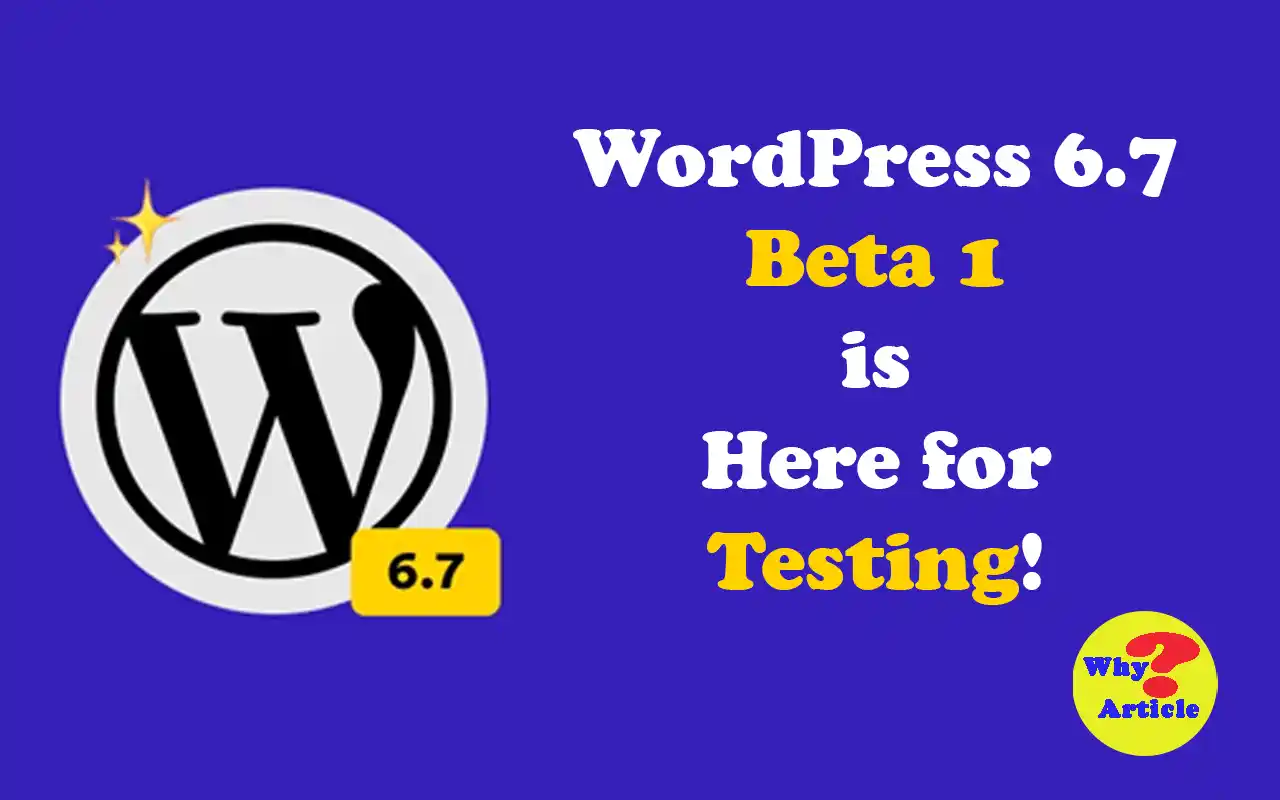Welcome to our easy-to-understand guide on creating a keyword strategy that boosts your website to the top of search engine results.
Dive into the world of keywords and learn how to connect with your audience in a way that matters.
The Heart of Keywords
Keywords are crucial – they’re the link between what people are looking for and the content you provide.
A great keyword strategy is more than just a list of words; it’s about speaking your audience’s language and solving their problems with your content.
Why Keywords Matter
Why bother with a keyword strategy? It’s all about being seen online.
A smart keyword plan helps search engines notice you and makes sure the right people find your content at the right time.
Understanding Search Intent is Key
The secret to a winning keyword strategy is knowing why people search.
It’s not just about popular words; it’s about getting into your audience’s head, figuring out what they want, and delivering content that hits the mark.
Whether they’re looking for information, trying to find a website, buying something, or researching products, understanding their intent is crucial.
A Six-Step Blueprint for Keyword Success
Step 1: Set Clear Goals
Know what you want to achieve before you start.
Do you want to climb the search engine rankings, get more conversions, or increase website traffic?
Setting clear goals is the first step to success.
Step 2: Check Your Current Standing
Know where you’re starting from.
Look at how well your content is doing, check your keywords, and give your website’s technical SEO a thorough check-up.
This will help you plan your next move.
Step 3: Dive into Keyword Research
With insights from your current performance, start exploring keywords.
Check out search results, see what competitors are doing, and use tools like ConversionIQ, SemRush, and Moz to find the best keywords.
It’s about quality, not just quantity.
Step 4: Fine-Tune Your Keyword List
Now you’ve got a bunch of keywords, it’s time to pick the best ones.
Use data on search volume, difficulty, and relevance to create a list that’s both art and science.
Mix popular keywords with specific long-tail phrases to cover all the bases.
Step 5: Optimize Your Content
Having a great list of keywords isn’t enough; you need to use them well.
Add your keywords to your landing pages in a way that feels natural and improves the user experience.
It’s not just about pleasing search engines; it’s about engaging your audience.
Step 6: Measure and Improve
The digital world is always changing, so never stop improving.
Keep an eye on how your keywords are doing, learn from how people interact with your content, and keep tweaking your strategy. Let the data guide you.
Busting Myths About Keywords
Myth 1: Keyword Stuffing
Stuffing your content with keywords is out.
Today, it’s all about being real. Use keywords naturally and focus on creating genuine content.
Myth 2: Obsessing Over Exact Matches
Forget about matching keywords exactly. It’s all about understanding the meaning behind searches.
Focus on making connections through context.
Myth 3: Only Going for High-Volume Keywords
High-volume keywords can be tempting, but don’t ignore the power of specific, long-tail phrases.
Go for precision and aim for quality interactions with your audience.
Conclusion
In the ever-changing world of digital marketing, a solid keyword strategy is your beacon of success.
By understanding search intent, using data wisely, and keeping it real, you’ll set yourself on the path to digital greatness.
Get to know your audience, use their language, and choose keywords that reflect their searches and needs.
High-volume keywords are great, but don’t forget about long-tail phrases. They can help you reach more specific audiences and meet their needs better.
Your keyword strategy should always be evolving. Regularly review and adjust your strategy, using new data and trends to stay ahead.




